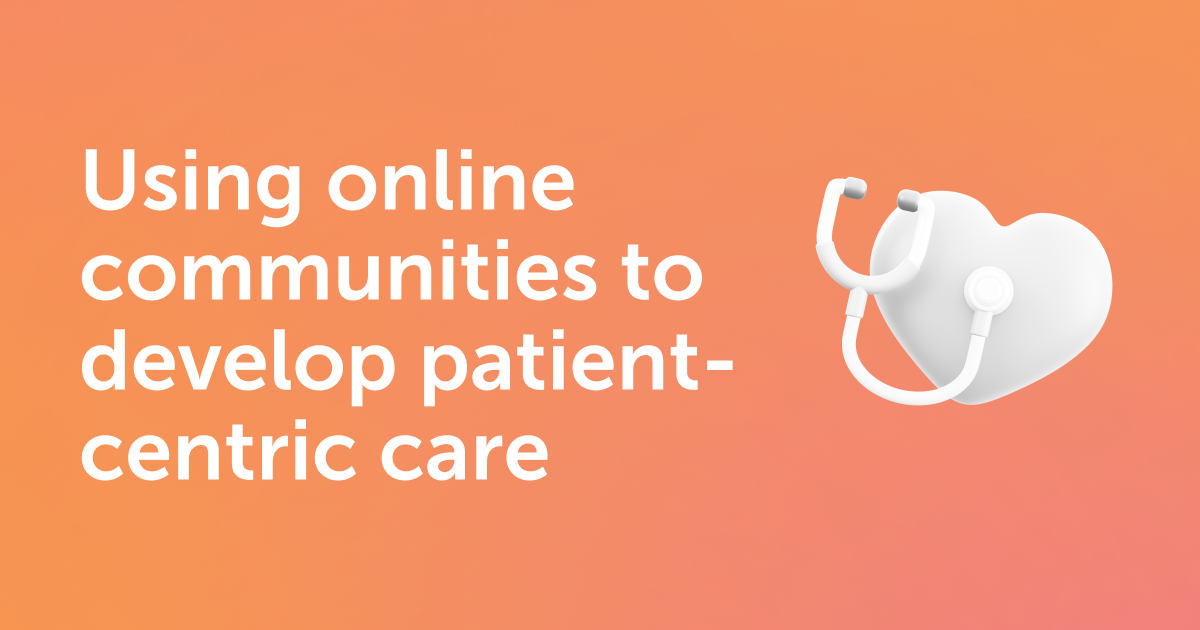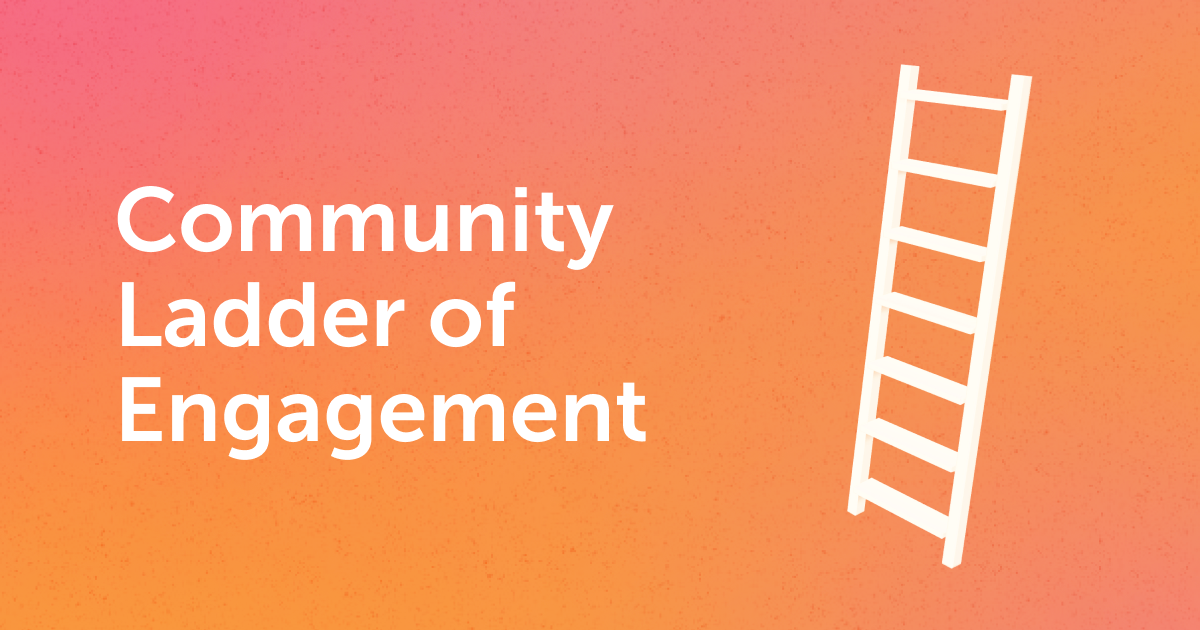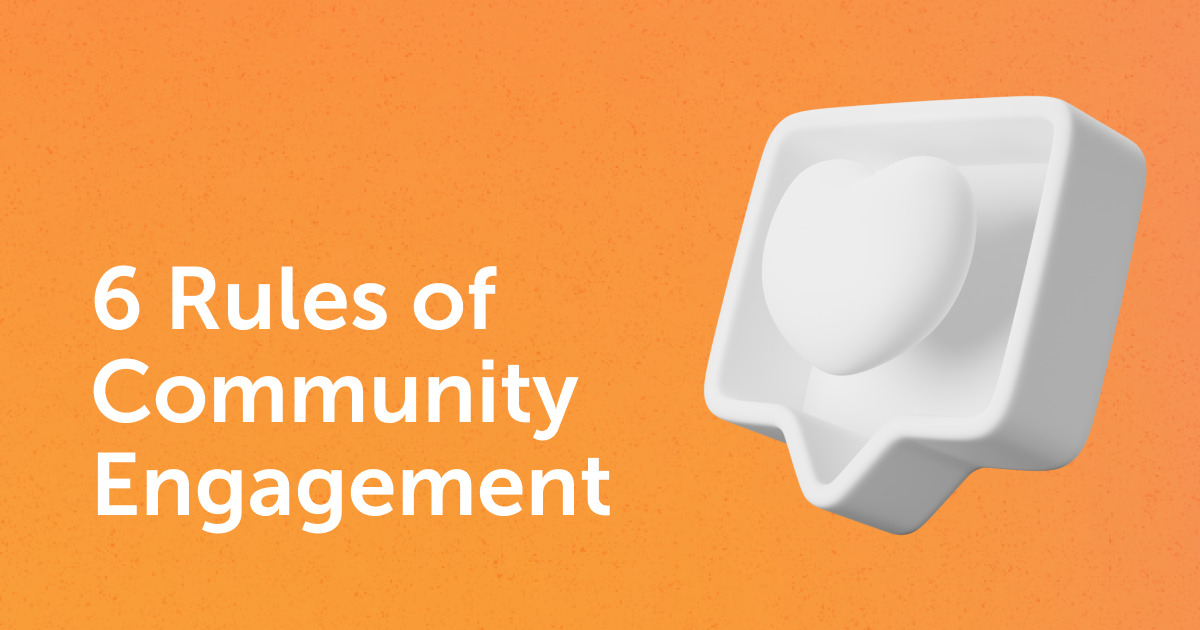Why patients turn to online healthcare communities
Carol's diagnosis of Chronic obstructive pulmonary disease (COPD) came as a shock. She had never heard of the condition before and was unsure of where to turn to look for advice. All she could find online were dry, clinical articles written by doctors and researchers. She wanted to find real people who were living with COPD, people who could give her advice and share their experiences.
However, soon stumbled upon a website unlike the rest. It was an online community where doctors had opened the floor for people with COPD to share experiences, offer advice, and support one another. Carol quickly became active in asking for advice from others and sharing her own experiences. She found that talking to other people with COPD helped her feel less alone and more informed.
In a recent survey of patients, 75% say they actively look for others' experiences with conditions, diagnoses, and other health-related topics.
Patients are increasingly turning to the web to seek advice and connect with others. In this post, we'll explore the reasons why patients are turning to online healthcare communities and discuss the benefits they offer. We'll also look at some of the key features that make these communities valuable to patients.
Patients are looking for a more personal connection with their healthcare providers
In a world where we can order our groceries and book vacations online, patients expect more personalized care from their healthcare providers. However, the traditional medical system often fails to meet these expectations. Appointments are short and rushed, doctors often have little time to answer questions, and it can be difficult to get in touch with a healthcare provider outside. Online communities are not a fix-all solution to the shift toward patient-centricity, but their rise in popularity shows that patients are craving more personalized care.
Patients want to be able to connect with others who share their experience
When patients turn to online healthcare communities, they are looking for more than just medical advice. They want to connect with others who are going through the same as they are. These connections provide support, understanding, and a sense of togetherness that can be hard to find offline.
Patients value the anonymity and privacy online communities provide
Anonymity and privacy are two more reasons patients turn to online healthcare communities. In real life, it can be difficult and embarrassing to talk about sensitive health issues. Online, however, patients can speak openly about their experiences without fear of judgment. This anonymity allows patients to ask questions they might not feel comfortable asking in person. Patients also need to trust the security and care of their data. Patients to turn private healthcare communities because they don't want their data in the hands of public platforms like Facebook.
Patients seek information about symptoms, diagnoses, and treatment from peers they trust.
We trust our friends and family’s experiences more than any marketing material, and patients are no different when it comes to their health. In fact, a study by The Lancet found 40% of patients mistrust information from outside personal networks. When patients go online, they are looking for information about symptoms, diagnoses, and treatment from people they trust—not just from doctors or pharmaceutical companies. Healthcare communities change this relationship. By sharing their experiences, patients discuss alongside experts and can offer guidance to others who are facing similar challenges.
Online healthcare communities can help reduce stress and anxiety
Living with a health condition can be stressful. Patients often feel like they are on their own and have to navigate a complex medical system without any help. Online healthcare communities provide a space where they can connect with others who understand what they are going through. Here patients can engage with items they trust. In addition, patients can often get more honest feedback about treatments and medications from other patients than from their doctors. This information can help reduce stress and anxiety when it comes to making healthcare decisions or living with a condition.
The growth of online healthcare communities is a reflection of the changing landscape of patient care. Patients are no longer content with simply receiving information from their doctors – they want to be more involved in their own treatment, and they want to connect with others who are going through the same thing. Online healthcare communities provide patients with the opportunity to do just that, while also giving them access to valuable information about different treatments and symptoms. If you're looking for a way to provide more patient-centric care, explore Countable's Healthcare community solution today. It's easy to set up and it can help reduce stress and anxiety for both patients and caregivers alike.
Share this
You May Also Like
These Related Stories

Using online communities to develop patient-centric care

Community 101 Series: The Ladder of Community Engagement – A framework for scale, sustained growth, and earned trust

